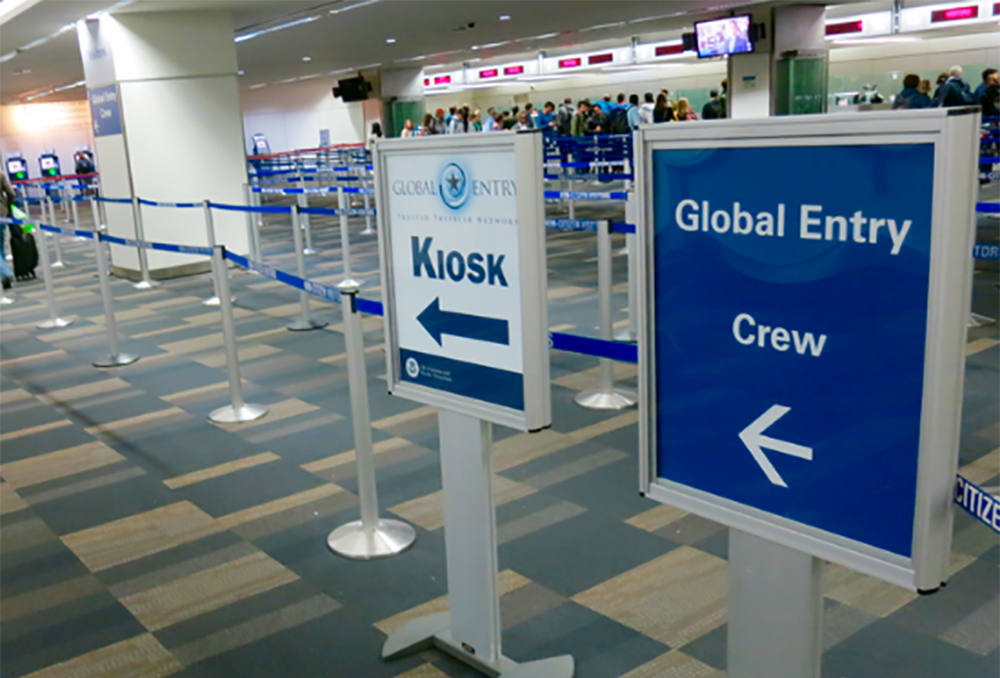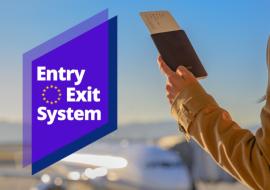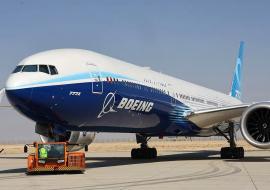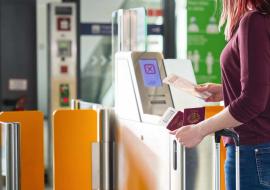WTTC: Better Border Facilitation Could Unlock US$401 Billion

According to new findings from the World Travel & Tourism Council (WTTC), improving global entry systems could unlock US$401 billion in economic impact and generate 14 million new jobs across the travel economy.
The study highlights the importance of implementing modern border systems such as biometric identification, digital visas and interoperable travel data to reduce wait times at airports, cruise terminals and land borders.
For the Caribbean and the Americas, the opportunity is significant. Many island destinations rely on short-stay or cruise travelers, making border efficiency crucial to revenue generation.
Tourism boards are being encouraged to collaborate with port authorities and airlines to implement new technologies that simplify visitor processing. Faster entry equals more time spent in destination—and more economic activity.
Cruise lines are already shifting itineraries toward ports that offer enhanced border facilitation, meaning that destinations that invest now could see immediate returns.
For travelers, this could translate into shorter lines, faster boarding and smoother experiences at customs and immigration.
The WTTC conclusion is clear: border facilitation is now a competitive advantage, not simply an administrative function.














